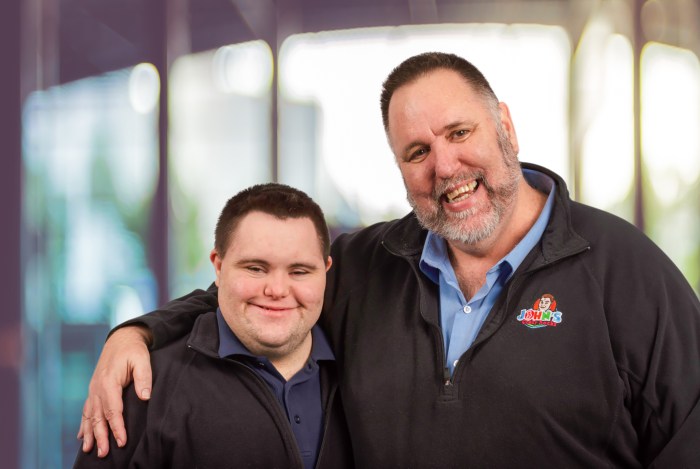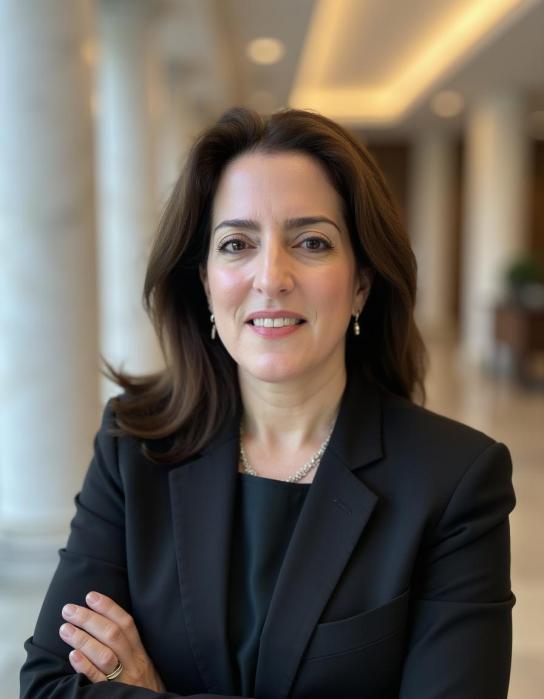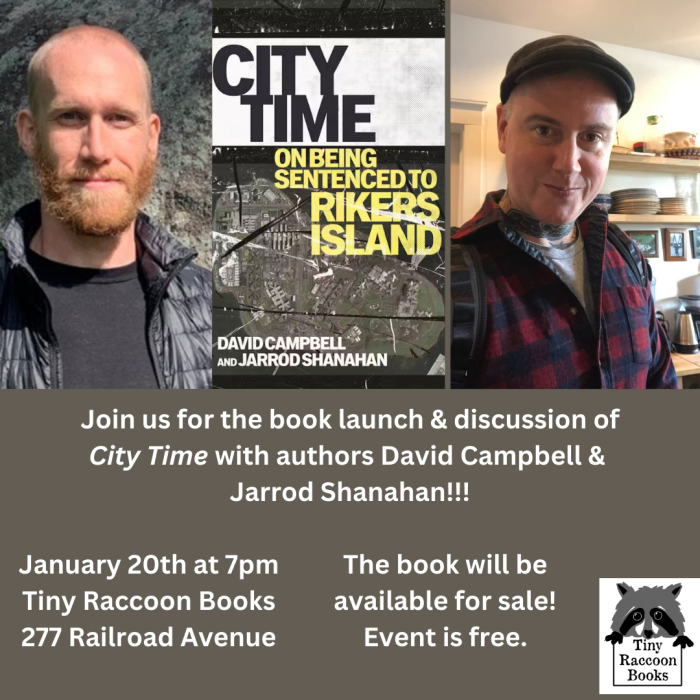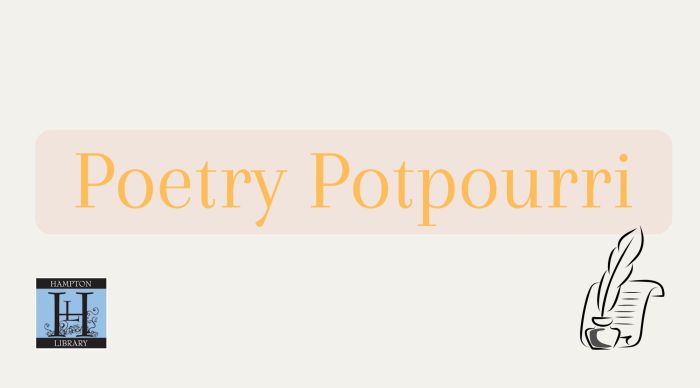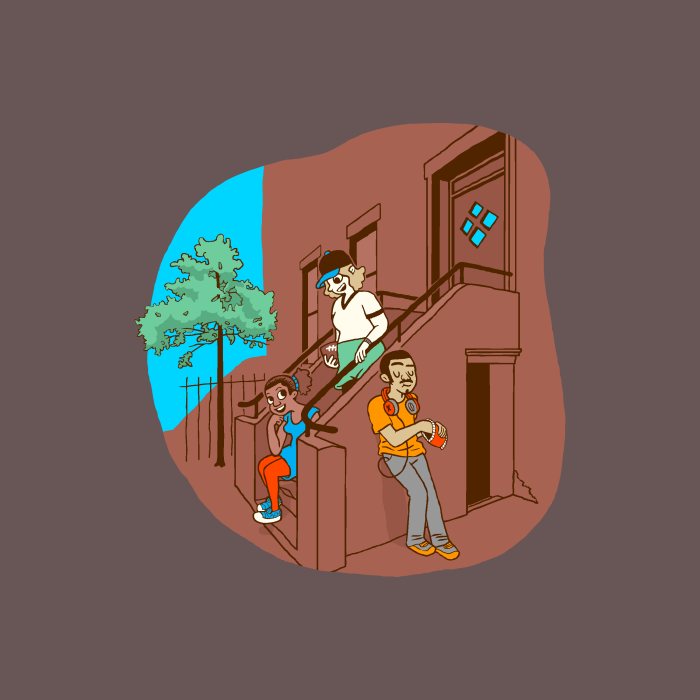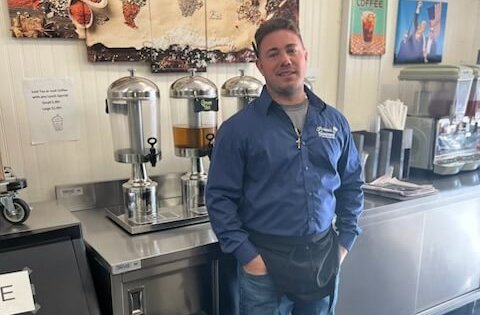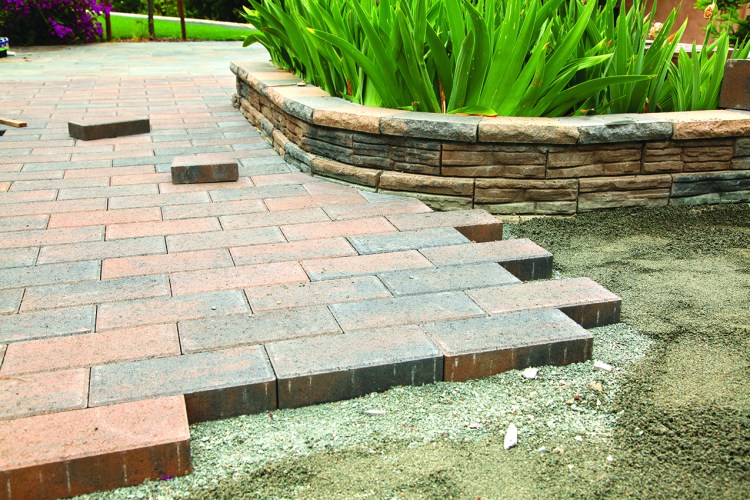 Gatorade bottles water bottles… slurpie cups… ice cream wrappers…. three empty pizza boxes. All found at one of our neighborhood parks by a mom out for her morning walk. I doubt anyone meant to come back to take them so it was good that she threw them out before the day’s visitors arrived. I suspect that this wasn’t isolated to one park — in fact, one doesn’t have to look far to see litter abounding in our neighborhoods.
Gatorade bottles water bottles… slurpie cups… ice cream wrappers…. three empty pizza boxes. All found at one of our neighborhood parks by a mom out for her morning walk. I doubt anyone meant to come back to take them so it was good that she threw them out before the day’s visitors arrived. I suspect that this wasn’t isolated to one park — in fact, one doesn’t have to look far to see litter abounding in our neighborhoods.
Pope Francis wrote his letter on the environment (called “Laudato Si: On Care for our Common Home”) in 2015. And while he deals with big international issues, he also makes us think about the parks closer to home. Or, more precisely, the people who use our parks. You see he doesn’t just speak about cleaning up our environment and taking care of the earth for the future generations, but he talks about forming the future generation with a sense of reverence for all of God’s creation.
He says, “In the family we first learn how to show love and respect for life; we are taught the proper use of things, order and cleanliness, respect for the local ecosystem and care for all creatures. In the family we receive an integral education, which enables us to grow harmoniously in personal maturity. In the family we learn to ask without demanding, to say “thank you” as an expression of genuine gratitude for what we have been given, to control our aggressiveness and greed, and to ask forgiveness when we have caused harm. These simple gestures of heartfelt courtesy help to create a culture of shared life and respect for our surroundings.”
The people who left the litter in the park aren’t just to be scolded for not picking up after themselves, but they need to be formed with a better appreciation of who they are meant to be in relationship to the world. How different it feels to label oneself: “I am a litterer” vs ” I am a caretaker of the world around me.” The first label feels shameful; the second feels noble. Our goal is to raise noble kids and to live as noble people ourselves.
Pope Francis places the discussion of care for our common home in the midst of a larger set of questions. “What kind of world do we want to leave to those who come after us, to children who are now growing up? This question not only concerns the environment in isolation; the issue cannot be approached piecemeal. When we ask ourselves what kind of world we want to leave behind, we think in the first place of its general direction, its meaning and its values. Unless we struggle with these deeper issues, I do not believe that our concern for ecology will produce significant results. But if these issues are courageously faced, we are led inexorably to ask other pointed questions: What is the purpose of our life in this world? Why are we here? What is the goal of our work and all our efforts? What need does the earth have of us? It is no longer enough, then, simply to state that we should be concerned for future generations. We need to see that what is at stake is our own dignity. Leaving an inhabitable planet to future generations is, first and foremost, up to us. The issue is one which dramatically affects us, for it has to do with the ultimate meaning of our earthly sojourn.”
Still he doesn’t shy away from real practical aspects of caring for our world: “There is a nobility in the duty to care for creation through little daily actions, and it is wonderful how education can bring about real changes in lifestyle. Education in environmental responsibility can encourage ways of acting which directly and significantly affect the world around us, such as avoiding the use of plastic and paper, reducing water consumption, separating refuse, cooking only what can reasonably be consumed, showing care for other living beings, using public transport or car-pooling, planting trees, turning off unnecessary lights, or any number of other practices. All of these reflect a generous and worthy creativity which brings out the best in human beings. Reusing something instead of immediately discarding it, when done for the right reasons, can be an act of love which expresses our own dignity.”
“Get an early and original look at this column and all that the Levittown Tribune offers each week by subscribing here: http://antonnews.com/subscribe“



